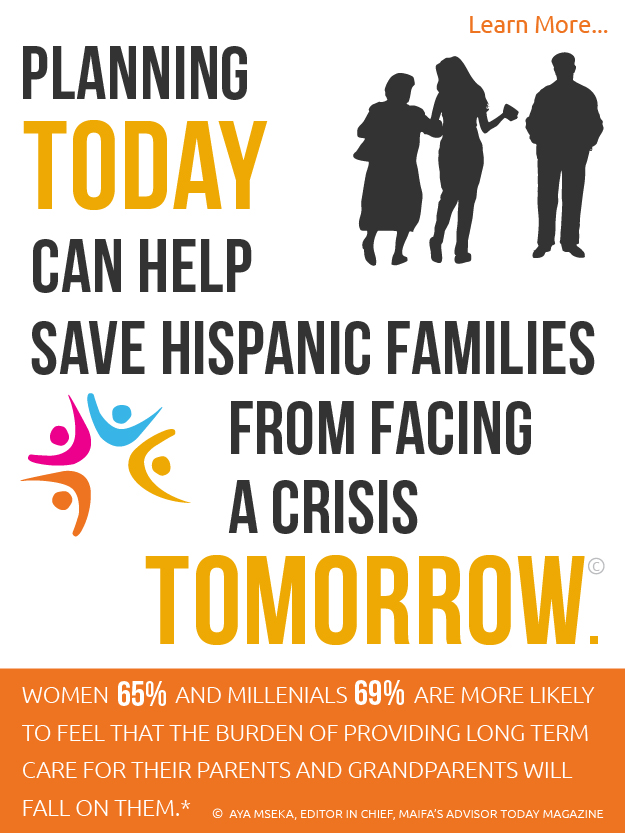
13 science-backed tips for optimizing you and your family's immune system
07/28/2021 06:00AM | 2186 viewsWith most schools back to seminormal operations across the country -- that is, in-person classes with standard COVID-19 precautions) -- families have to think about how to keep everyone safe at home and in their respective day-time environments.
If you're a parent concerned about the fact that Zoom school is ending, take the advice of these seasoned health care professionals, who share 13 ways to optimize your own immune system and your kids'.
1. Follow local public health guidelines
First and foremost, keep up with standard COVID-19 precautions. Your community has guidelines in place for a reason, and following them will help you keep yourself and your kids -- and others -- as healthy as possible.
2. Get your vaccine as soon as possible
The best way to avoid contracting COVID-19 is to get vaccinated against the disease. With vaccine doses now widely available, this is one simple step you can take to protect yourself and your family.
3. Make sure your kids are up-to-date on routine vaccines
Children under the age of 16 aren't yet cleared to get the COVID-19 vaccine, but as a parent, you can make sure they're current on all of their other routine vaccinations, including the flu shot. This ensures their immunity isn't compromised due to the presence of another pathogen.
4. Continue with regular health appointments
Dr. Emily Hu, chief medical officer at Evernow, says she's dismayed at how many people decided to forgo regular health appointments and check-ups during the pandemic. She and her children kept up with their normal appointments, and because of that, Hu feels she was able to keep her family as healthy as possible.
If you haven't had a physical in over a year, now may be the time to do so. Yearly physicals are the best way to catch early signs of disease and adjust your lifestyle or medications accordingly.
5. Get outside daily
You probably already know that vitamin D is important for your overall health. Vitamin D profoundly affects your immune function, and evidence shows that low vitamin D is linked to an increased risk for COVID-19, says Dr. Alexandra Kreps, primary care physician for Mount Sinai Doctors at HealthQuarters and assistant professor at Mount Sinai Health System.
Evidence is patchy, but the connection is strong enough to warrant a daily dose of sunshine. Supplementing with vitamin D is a different story, and research is conflicting. Some studies say high doses of vitamin D don't seem to have a protective effect or any impact on severe COVID-19, while others suggest they do.
For now, getting some fresh air certainly can't hurt.
6. Daily physical activity
Exercise is one super simple thing you can do to enhance the functioning of your immune system. It doesn't have to be structured or boring -- get outside with your kids for a round of kickball or go on a family walk. Just 30 minutes of light activity each day can make a big difference.
7. Get enough sleep
"There are some fairly simple things that you (and your kids) can do to keep your immune system in its best shape," says Dr. Kim Boyd, HealthQuarters medical advisor. "To start, getting adequate sleep is very important for optimal immune function. Studies have shown that people who don't get adequate sleep are more likely to get sick after being exposed to a virus."
8. Address stress levels
Stress increases the body's hormone cortisol. High levels of cortisol over time impair our immune response, Boyd says. "Interestingly, the immune implications of stress go beyond just an increased likelihood of becoming ill," she says. Prolonged stress also impacts your ability to develop antibodies after getting a vaccination, according to several studies.
"The good news is that stress-reducing interventions that anyone can do, even youngsters, have been shown to help immunity," she adds. Techniques like basic mindfulness, meditation, journaling and making time for rest can all help.
9. Minimize sugar intake
Sugar is an inflammatory agent. Reducing your sugar intake and that of your kids can reduce overall inflammation, Kreps says, thus improving general health. Chronic overconsumption of sugar can lead to chronic low-grade inflammation, which leads to a number of diseases. Not only that, but doctors say eating too much sugar can temporarily weaken your immune system.
10. Evaluate caffeine consumption
If you overdo it on the caffeine, you might be unknowingly impairing your immune system. Caffeine raises cortisol levels, and prolonged cortisol imbalances can negatively affect your immune system.
11. Reduce alcohol consumption
Like sugar, alcohol is a major contributor to inflammation. Drinking alcohol suppresses your immune system both by causing inflammation and by directly affecting the immune cells in many different organs. For example, alcohol damages immune cells in the lungs that, when healthy, clear out pathogens from airways.
12. Eat plenty of antioxidants
Fill your plates with antioxidant-rich foods, such as leafy greens, berries, cruciferous vegetables such as kale and broccoli, and various spices. Antioxidants combat oxidative stress in your body, a key function in your body's fight to stay healthy.
13. Focus on micronutrients
Vitamins and minerals support your immune system and keep all your body systems running smoothly. Magnesium, zinc, vitamin D, vitamin C, selenium and iron have been identified as crucial for immune function.
Healthier parents mean healthier kids
A mild amount of caffeine can actually benefit your immunity, and drinks like tea and coffee contain high amounts of antioxidants. Just remember, too much of a good thing can turn into a bad thing.
While it's great to be taking steps to support kids' immune systems, it's also extremely important for parents to take care of themselves in order to help avoid kids ultimately being exposed by adults, says Amy Beckley, co-founder of Proov.
"Sure, kids will get exposed to things -- and this is often healthy for building the immune system -- but in some cases, it's not so great," Beckley says. As an obvious example, parents don't want to give their kids the flu or COVID-19.
Parents can support their immune system by keeping all of the above tips in mind, especially following COVID-19 precautions, eating a healthy diet, getting enough sleep and exercising regularly.











Post your Comment
Please login or sign up to comment
Comments